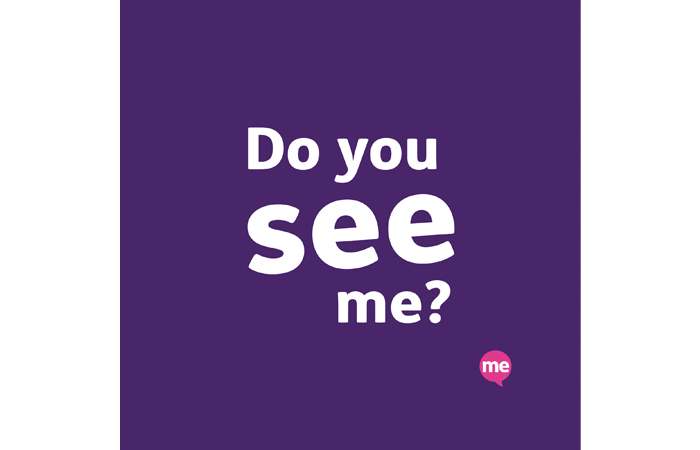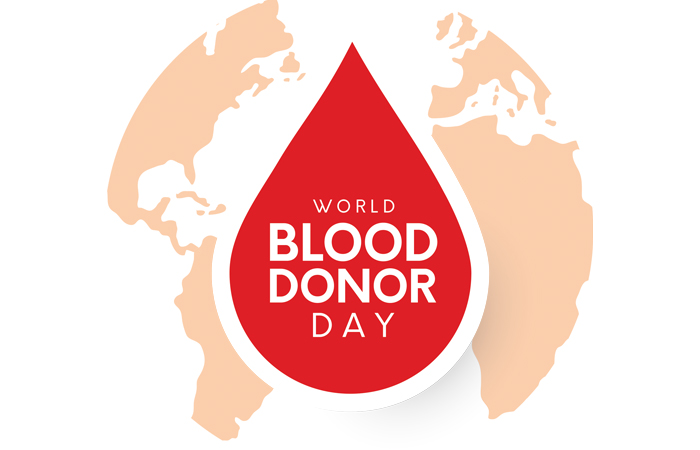In Campaigns
Follow this topic
Bookmark
Record learning outcomes
Those unaffected by a learning disability may never have considered how difficulties with functions like language processing, memory and listening can be significant barriers to accessing healthcare. This is made all the more difficult by learning disabilities going unacknowledged due to their nature of often being ‘invisible’.
Learning Disability Week’s prerogative is to highlight barriers and bring respect to those with learning disabilities.
Do You See Me?
“Learning Disability Week, 16-22 June, celebrates the lives of people with a learning disability and raises awareness of the challenges they can face,” says Dan Scorer, head of policy and public affairs at Mencap. “This year’s theme ‘Do You See Me?’ aims to make sure people with a learning disability feel seen, heard and valued in all parts of their life, including healthcare.” Living with a learning disability can mean difficulty interacting with other people, understanding complicated information, developing new skills or everyday activities such as household chores or managing money.
Learning disabilities also vary in severity, so some people are able to be independent whilst others may need to be fully supported throughout their life. This is important to keep in mind in the pharmacy, as you may need to discuss a customer’s treatment with their carer or guardian.
“People with a learning disability may face barriers to getting the healthcare they need. This could be because of difficulty with communication, complicated information, or not being given enough time or the appropriate support when seeking advice from healthcare professionals,” says Dan. It is also important to note that there is a difference between a learning disability and a learning difficulty, which are conditions like dyslexia, dyscalculia and dysgraphia. Mencap describes these as learning difficulties as opposed to disabilities as they do not “affect general intellect”.
Learning Disability Week is a crucial step towards improving the access to healthcare for these individuals, which evidence shows is having a huge impact on their life expectancy. “People with a learning disability are already dying on average up to 23 years younger than the general population, with 42 per cent of these deaths being avoidable,” says Dan. “To try and tackle this inequality, we need a healthcare system that wholly includes people with a learning disability.” One of the most important parts of improving people’s access to and experience of care is reaching a diagnosis. While this process can be both difficult and emotional for the individual and family, a diagnosis should ultimately improve their access to the care and support necessary. Raising awareness about learning disabilities can perhaps encourage carers, parents and guardians to seek professional support.
Your key role
As pharmacy teams see customers on a daily basis, it is important that you are aware of how to help those with learning disabilities who come into the store. “Pharmacy teams play a key role in local healthcare and are often the first points of contact for people in their community,” says Dan. “Finding out more about learning disability can help these teams ensure that people with a learning disability feel welcome and understood in pharmacies when accessing healthcare and seeking advice. Adjustments such as using clear, accessible language or offering extra time and support can make all the difference.” Dan recommends that all health and care professionals undertake training to better equip them to serve customers with a learning disability, like the Oliver McGowan Mandatory Training on Learning Disability and Autism, see: bit.ly/3GEmOUd.
You can also learn more about effective communication by watching our latest communications module at: bit.ly/44tURZ6.
“Everyone deserves to be seen, respected and supported, especially when they’re worried about their health and need care they can trust,” says Dan. “Get involved in Learning Disability Week at: mencap.org.uk/learningdisabilityweek.” You can learn more about what different learning disabilities look like, download resources and find out how you can raise awareness.
World Blood Donor Day
Each year, World Blood Donor Day (14 June) is acknowledged around the globe. A World Health Organization event, the aim is always to generate awareness for the need for safe blood and blood products, and to thank voluntary, unpaid blood donors for their life-saving donations of blood.
“A blood service that gives patients access to safe blood and blood products in sufficient quantity is a key component of an effective health system,” says the WHO.
In the UK, blood stocks are critically low. Pharmacy teams can encourage customers to give blood if they are able and raise awareness for and promote a culture of regular blood donation among the general public.



